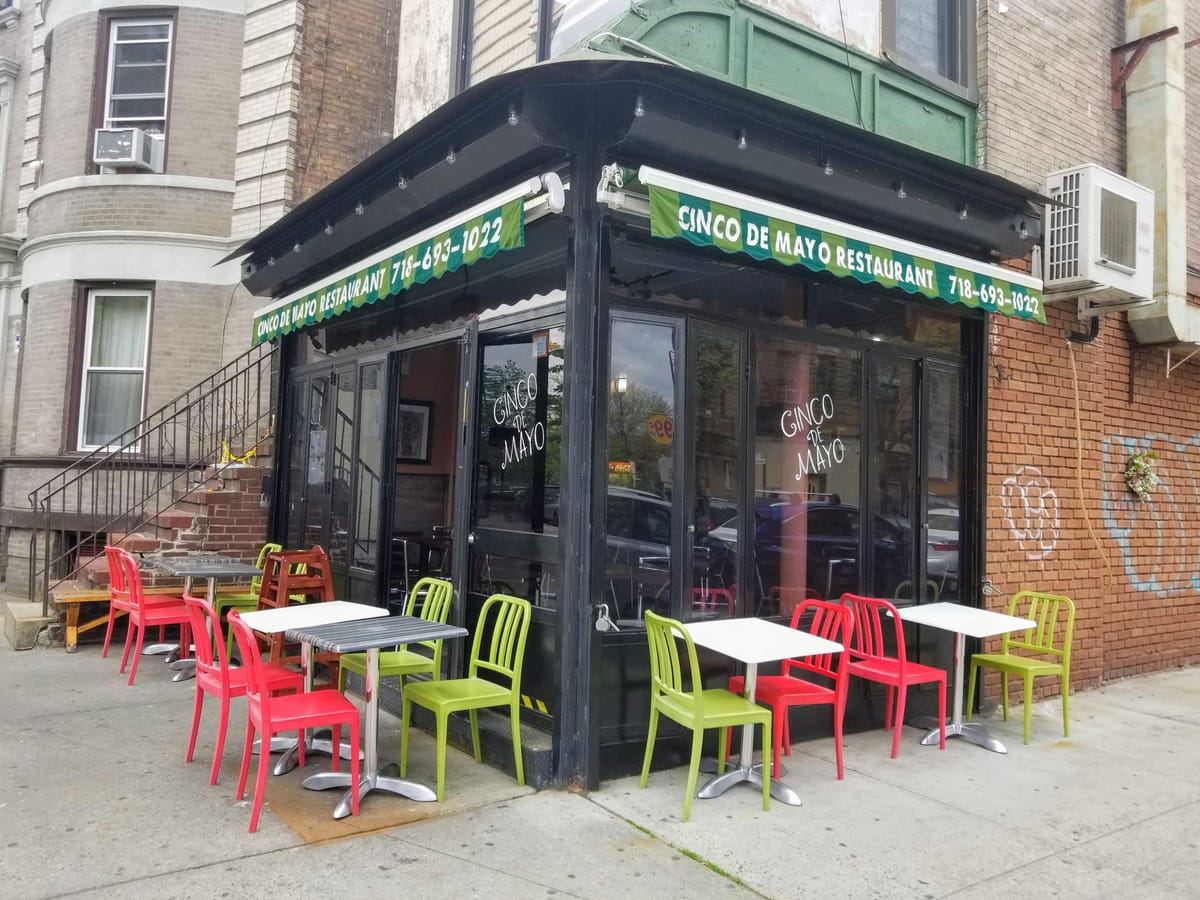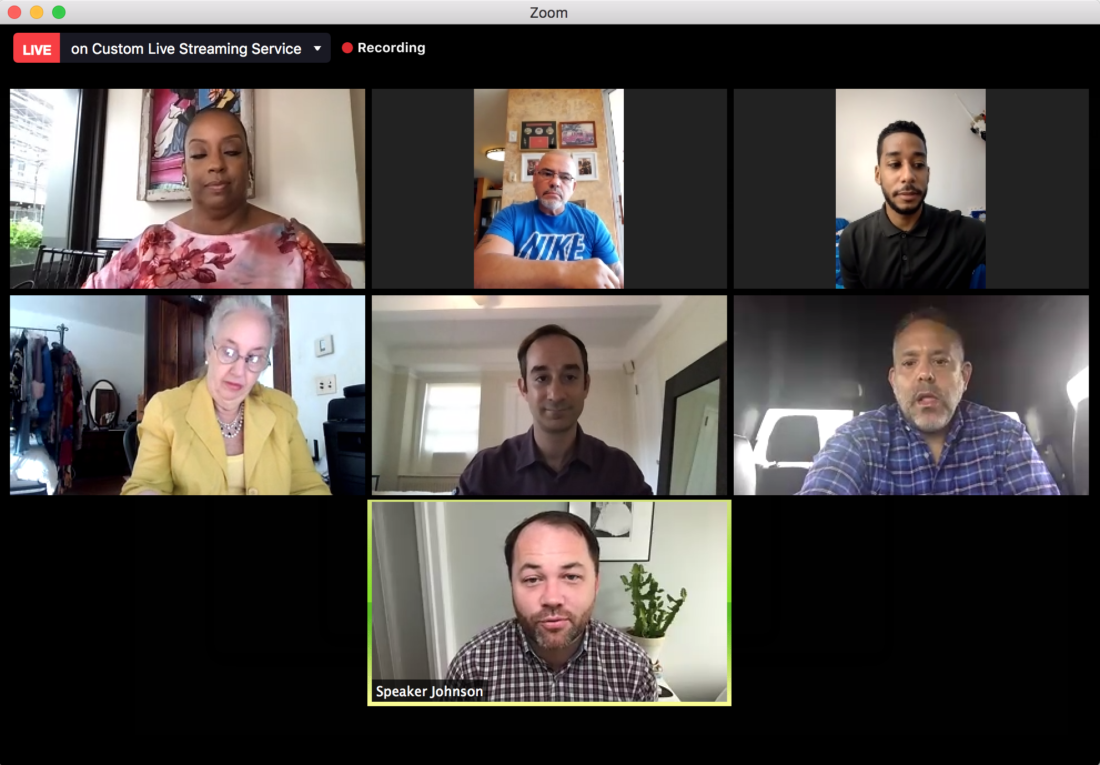Will This Be The Summer Of Outdoor Dining?


This morning as the Mayor was discussing the first phase of reopening New York City, a group of New York Councilmembers, restaurant owners, and advocates met via Zoom to discuss the latest efforts to help their industry recover. They lamented the ways in which Mayor Bill de Blasio has not been working quite fast enough on this issue, and said they want to assist him in finding out of the box solutions to the unprecedented challenges created by the restrictions imposed in the wake of the pandemic.
In particular, the topic this morning was new outdoor dining legislation the group hopes will move quickly to approval. The legislation would create a new process for allowing restaurants in all neighborhoods of New York City to have potential access to outdoor spaces – essential as capacity limits are likely to remain in place on their indoor spaces once restaurants are permitted to reopen.

The way it would work, first, the Department of Transportation would identify potential safe spaces for this program. The Department of Health will initiate safety guidelines, both for the peace of mind of the diners and employees. Restaurants will submit an application to the Department of Consumer Affairs to occupy a safely identified space, which may include sidewalks, street seats, and parking lots. This program would expire on October 31st, or whenever social distancing has ended, Speaker Corey Johnson explained.
The architecture firm The Rockwell Group, helmed by the well-known City architect David Rockwell, has been working with the leader of the NYC Hospitality Alliance, Melba Wilson, pro-bono to assist with the design and identification of likely spaces.
“There is always a conversation around New York’s exceptionalism, how we are an exceptional place with exceptional people and we are the greatest city in the world. But sometimes, I think this administration uses our exceptionalism against us and says [that] because we are so different, because we are so unique, we can’t do these things that other cities around the United States and the world are doing,” Speaker Johnson said. “We look at it in the opposite way. We think you should tap into that creativity, tap into that ingenuity.”
In the past, the Mayor has not been overly supportive of opening streets for public use, but has made about 40 miles of streets open during the pandemic.
Councilmember Antonio Reynoso of the 34th district also added that the police would not be an ideal way to enforce this new legislation should it pass.
“A failed policy and poor design is what leads to the need for enforcement. If we have good policy and design then the police wouldn’t have to be a part of it at all,” Reynoso said. “The police being a part of this would be a huge problem, but it seems to be something that the Mayor always leans on. We’re hoping that considering the disaster that was the beginning of this outbreak and using police officers for social distancing helps us do better in the future about how we make sure people are compliant,” Reynoso said.
Speaker Johnson has been an intense advocate for the industry, and made it clear that equity amongst neighborhoods was of the utmost importance for this legislation to be successful. Flexibility will be key here, as neighborhoods all have different densities and potential outdoor spaces, and the panel also emphasized the need to get this done now, rather than later so that it can be implemented as soon as possible.
“We are not going to be able to generate 100% of our revenue inside, so we have to be creative. How can we reimagine public space, the sidewalks, the streets, extending the sidewalks, pedestrian plazas, parks?” New York Hospitality Alliance Executive Director Andrew Rigie said. “I think it’ll also help bring a vibrancy back to our cityscape that we’re going to need to get back to normal.”




